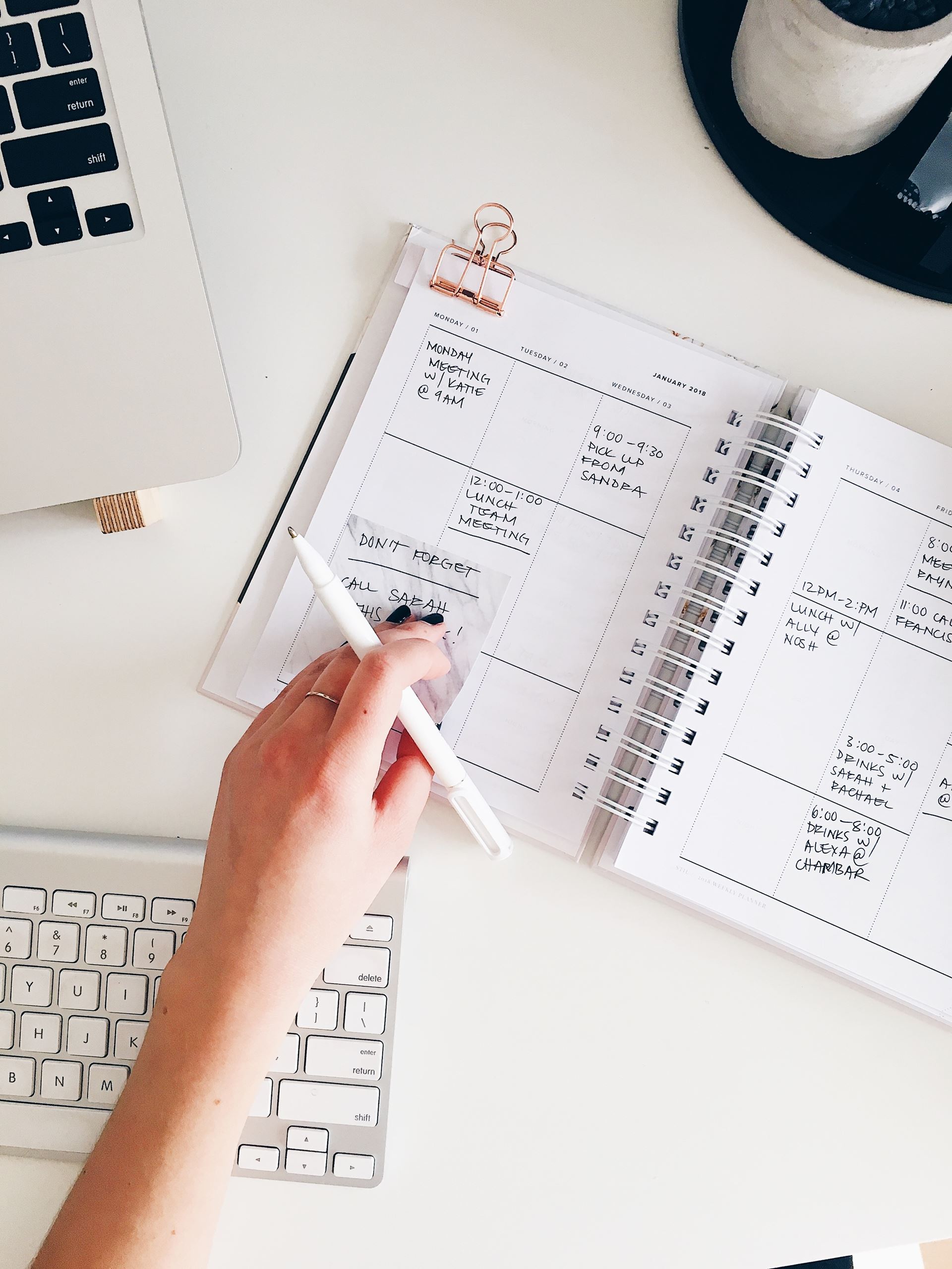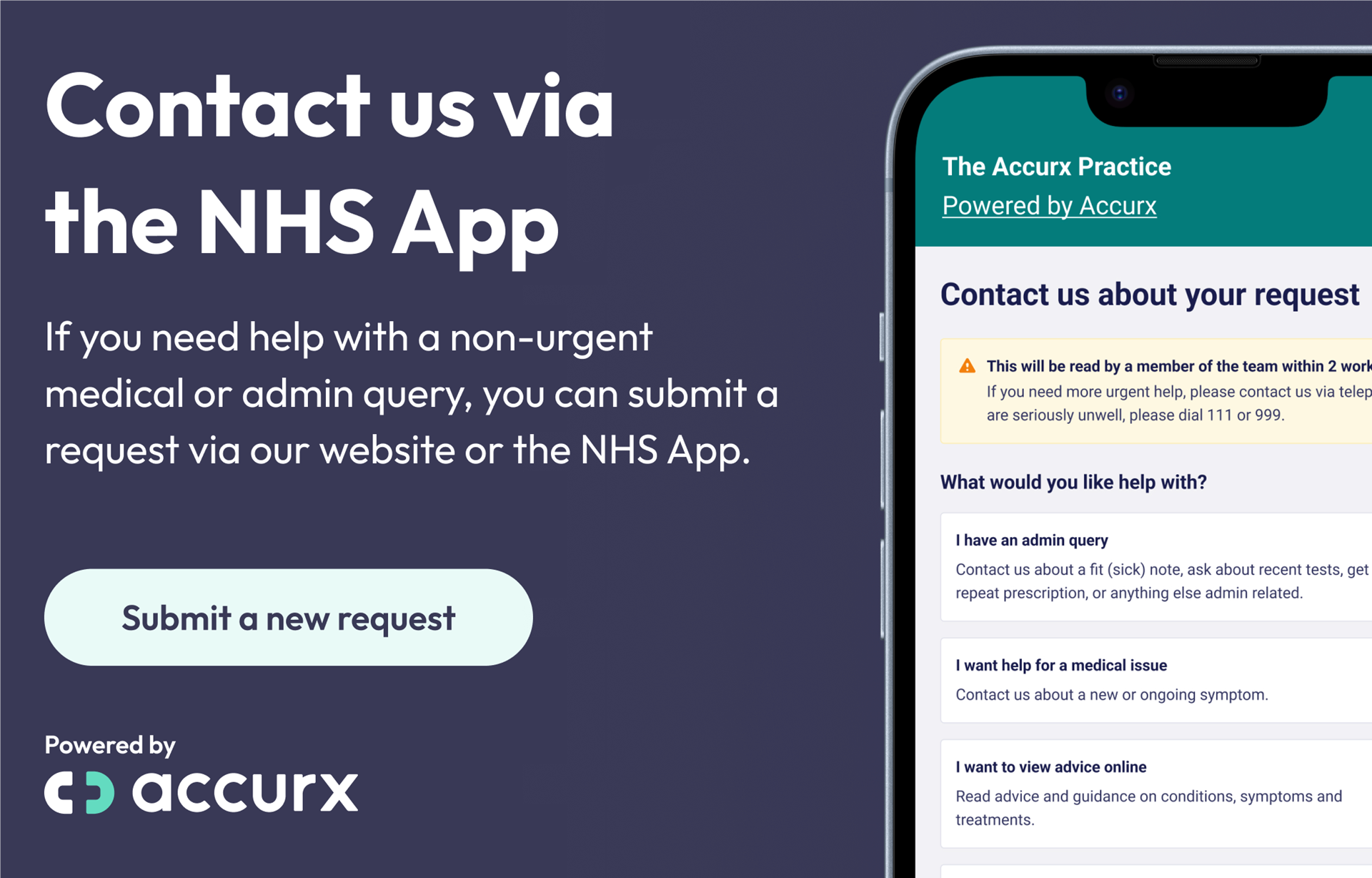Appointments
Appointments System
All patient contacts at Silverdale and Ryecroft Practice are on an appointment basis. Routine appointments can be made up to 2 weeks in advance, by speaking to reception. Our reception staff may ask you brief details of your problem to help direct you to the most appropriate clinician.
To cancel your appointment contact reception on 01782 381680 or reply CANCEL to your appointment confirmation or reminder text if you have one. To change your appointment please contact reception on 01782 381680.
Please note we do not offer a walk in service and we do not assess acute minor injuries.
For any form of dental care, please contact a dentist. We do not see or treat any form of dental or gum problem.
We will always ask if you wish to see a clinician of your choice. If this is the case we will offer you the next available routine appointment with them. However, if you can be seen earlier we may offer you an appointment with another clinician.
Please tell the receptionist if the appointment is for more than one person, as each person will require a separate appointment.

Urgent Appointments
We have a limited number of spaces reserved for emergencies and urgent problems.
The receptionist may ask for brief details of your problem so that they can assess the urgency with which you need to be seen.
Nurse Appointments
Our practice nurses can attend to:
- contraceptive advice
- cervical smears
- urine tests
- HRT and contraception checks
- blood pressure checks
- travel advice
- immunisations
- chronic disease checks including for hypertension, heart disease, stroke, diabetes, COPD and asthma.
The receptionist can help you decide whether it would be better to see the doctor or nurse.
It is sometimes possible to see the nurse sooner than the doctor and may be more appropriate.
Home Visits
We reserve home visits for patients who are terminally ill or truly medically housebound.
Please make home visit requests before 11.00am to help doctors and practitioners plan each day. We will ask you for brief details of your problem to assess urgency, your address and phone number. The doctor may contact you to obtain further details, give advice, arrange to see you at the surgery or agree to a home visit. In certain emergency situations it may be clinically more appropriate to call a emergency ambulance eg. unconsciousness, chest pain, stroke, shortness of breath, or suspected sepsis.
There are a number of reasons why home visiting may be not be the best clinical option:
- It can delay clinical assessment as visiting cannot be carried out on an emergency basis. Assessing patients in the surgery can be done immediately.
- Travelling to and from home visits when not clinically needed puts the care of patients in the surgery attending an appointment at risk - whilst away from the surgery the absent doctor will not be able to treat routine or emergency patients, nor will they be able to give advice to the other clinicians who they may be supervising.
- Equipment for assessment and treatment which is portable to a patient’s home is not as effective as the equipment in the surgery.
- The environment in a patient’s home is not ideal for clinical examination and assessment.
Please note: the following do not constitute reasons for a home visit:
- Transport issues - the Practice is not responsible for arranging transport or to perform home visits because the patient has difficulty arranging transport. In these circumstances patients should seek transport help from relatives, friends or taxi firms.
- Childcare issues - if a patient has difficulty arranging for someone to care for their children whilst attending appointments, patients are welcome to bring their children to the surgery.
- Poor mobility - whilst it is understood that having poor mobility is inconvenient and unpleasant, GP surgeries are designed to cater for patients with restricted mobility. If patients are able to attend appointments at other healthcare settings, then they should also be able to attend appointments in GP surgeries.
Test Results
Please phone after 2.00pm for test results.
To protect confidentiality, we will only give results to you personally (unless you have authorised us to release them to someone else).
To send a non urgent medical enquiry to the surgery or to request a sick note please click on this link
Page created: 22 June 2020
